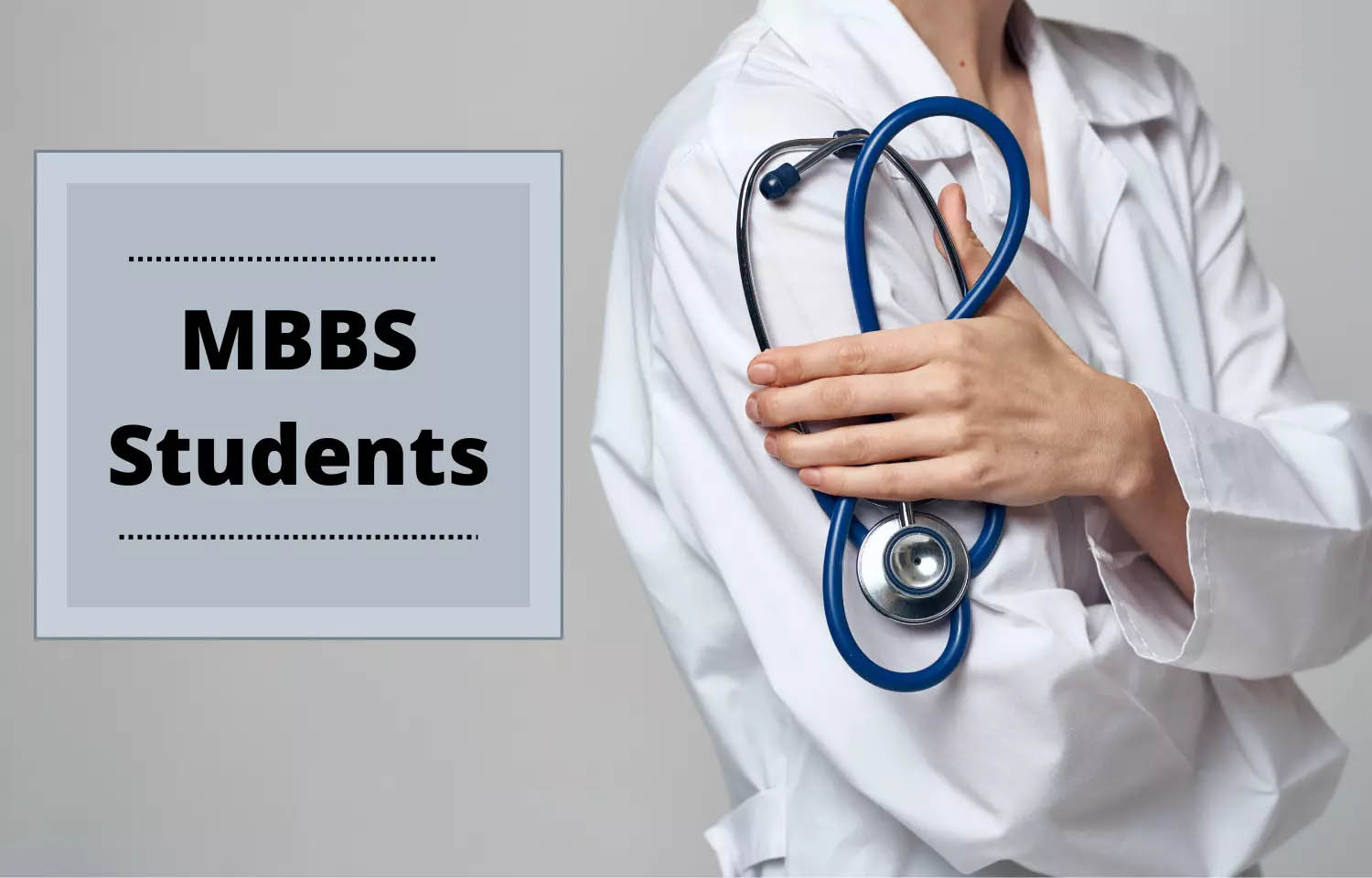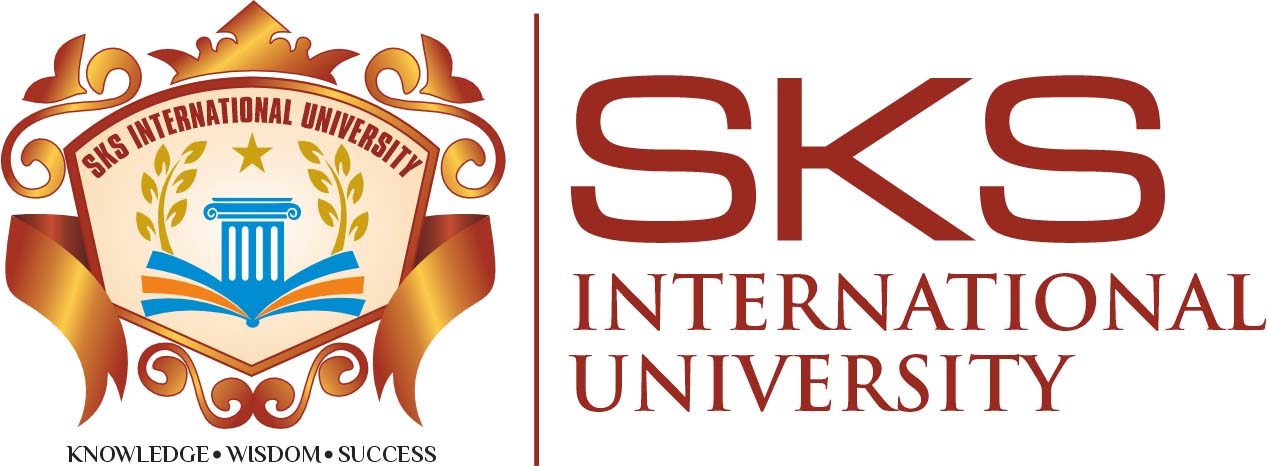HomeMBBS Course Structure

Course Structure: MBBS
The course structure for the Bachelor of Medicine, Bachelor of Surgery (MBBS) in India is regulated by the National Medical Commission (NMC), previously known as the Medical Council of India (MCI). The MBBS curriculum is designed to provide comprehensive education and training to medical students, equipping them with the knowledge and skills required to practice medicine. The MBBS program typically spans five and a half years, including one year of compulsory internship. Here’s an overview of the course structure as per the guidelines of the NMC: Course Duration Total Duration: 5.5 years Academic Education: 4.5 years Compulsory Internship: 1 year
Phases of MBBS Program
- The period of 4 ½ years is divided as follows:
- Pre-Clinical Phase [(Phase I) – First Professional phase of 13 months preceded by Foundation Course of one month]: will consist of preclinical subjects – Human Anatomy, Physiology, Biochemistry, Introduction to Community Medicine, Humanities, Professional development including Attitude, Ethics & Communication (AETCOM) module and early clinical exposure, ensuring both horizontal and vertical integration.
- Para-clinical phase [(Phase II) – Second Professional (12 months)]: will consist of Para-clinical subjects namely Pathology, Pharmacology, Microbiology, Community Medicine, Forensic Medicine and Toxicology, Professional development including Attitude, Ethics & Communication (AETCOM) module and introduction to clinical subjects ensuring both horizontal and vertical integration.
Clinical Phase – [(Phase III) Third Professional (28 months)]
- Part I (13 months) – The clinical subjects include General Medicine, General Surgery, Obstetrics & Gynaecology, Pediatrics, Orthopaedics, Dermatology, Otorhinolaryngology, Ophthalmology, Community Medicine, Forensic Medicine and Toxicology, Psychiatry, Respiratory Medicine, Radiodiagnosis & Radiotherapy and Anaesthesiology & Professional development including AETCOM
- Electives (2 months) – To provide learners with opportunity for diverse learning experiences, to do research/community projects that will stimulate enquiry, self-directed experimental learning and lateral thinking.
- Part II (13 months) – Clinical subjects include:
- Medicine and allied specialties (General Medicine, Psychiatry, Dermatology Venereology and Leprosy (DVL), Respiratory Medicine including Tuberculosis)
- Surgery and allied specialties (General Surgery, Orthopedics [including trauma]), Dentistry, Physical Medicine and rehabilitation, Anaesthesiology and Radiodiagnosis)
- Obstetrics and Gynecology (including Family Welfare)
